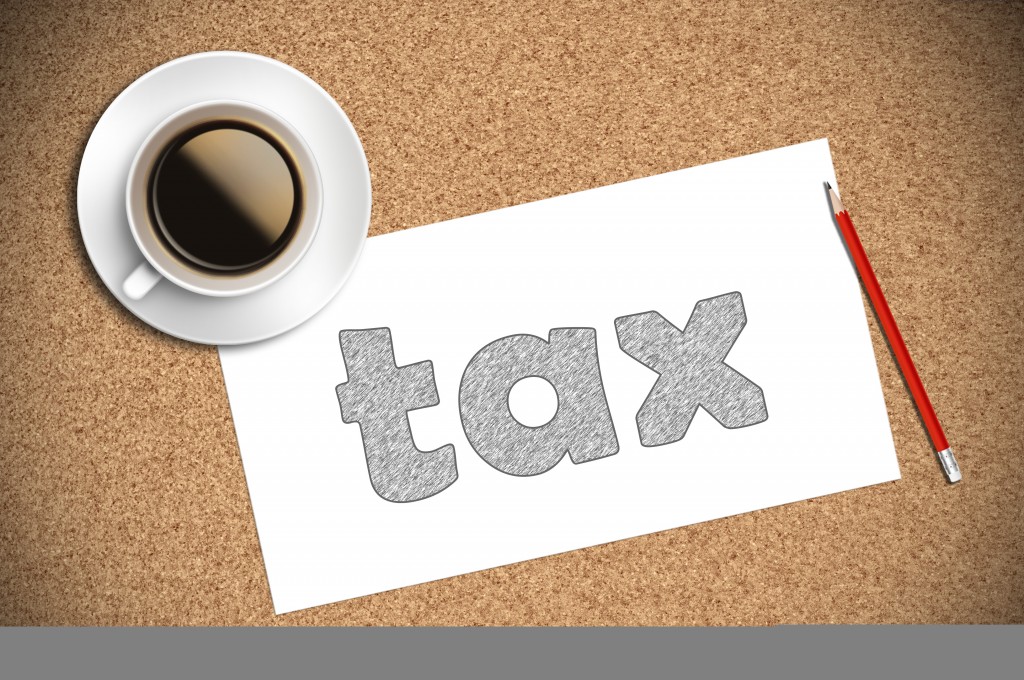SME owners had a lot to celebrate yesterday with a pre-Budget announcement by the Government heralding a simplified tax regime for business taxpayers.

The essence of the reforms proposed by Inland Revenue and Treasury is to reduce compliance costs and make tax obligations less onerous for smaller businesses. Taxpayers will be pleased to know the changes are being driven by Inland Revenue’s own business re-engineering programmes, which seek to harness the benefits of new technology to make everybody’s tax life easier going forward.
A cornerstone of the reforms is giving small businesses the ability to pay provisional tax through accounting software instead of having to engage separately with the current regime, which has long been criticised for being inflexible, excessively punitive and increasingly out of date in the modern businesses environment.
Inland Revenue will also continue the trend for sharing more of the vast amounts of information it holds, this time with credit agencies and other enforcement agencies in a bid to help cleanse the marketplace of people who pose serious credit and behavioural risks.
While there is a lot of detail to work through we expect the overall impact to become clearer as officials consult with business owners and their advisors to shape the final proposals. The standouts to us at this early stage are:
- Increasing the “safe harbour” residual income tax threshold before Use of Money Interest (UOMI) applies to $60,000 for both individuals and non-individuals.
- Removing UOMI from the first two provisional tax payments for those who use the standard uplift method.
- Allowing businesses to pay tax on behalf of shareholder-employees.
- Allowing contractors to elect their own withholding tax rate.
- Removing the need for RWT exemption certificates to be renewed annually.
- Simplifying calculations for deductions when vehicles and premises are subject to a mix of taxable and non-taxable use.
- Simplifying FBT for close companies and increasing the threshold for filing annual FBT returns.
- Cutting back late payment penalties for a range of tax types so that only initial penalties are applied (thereby eliminating the problematic compounding effect of subsequent incremental penalties).
- Sharing information with credit agencies about people who owe Inland Revenue significant amounts of tax debt.
- Sharing information with the Companies Office to help them with enforcement activity (eg notifying the Registrar that a banned person is running a company as an actual or de facto director).
To find out more click on the following links:
If you have any queries regarding these proposals please contact your usual Johnston Associates advisor.